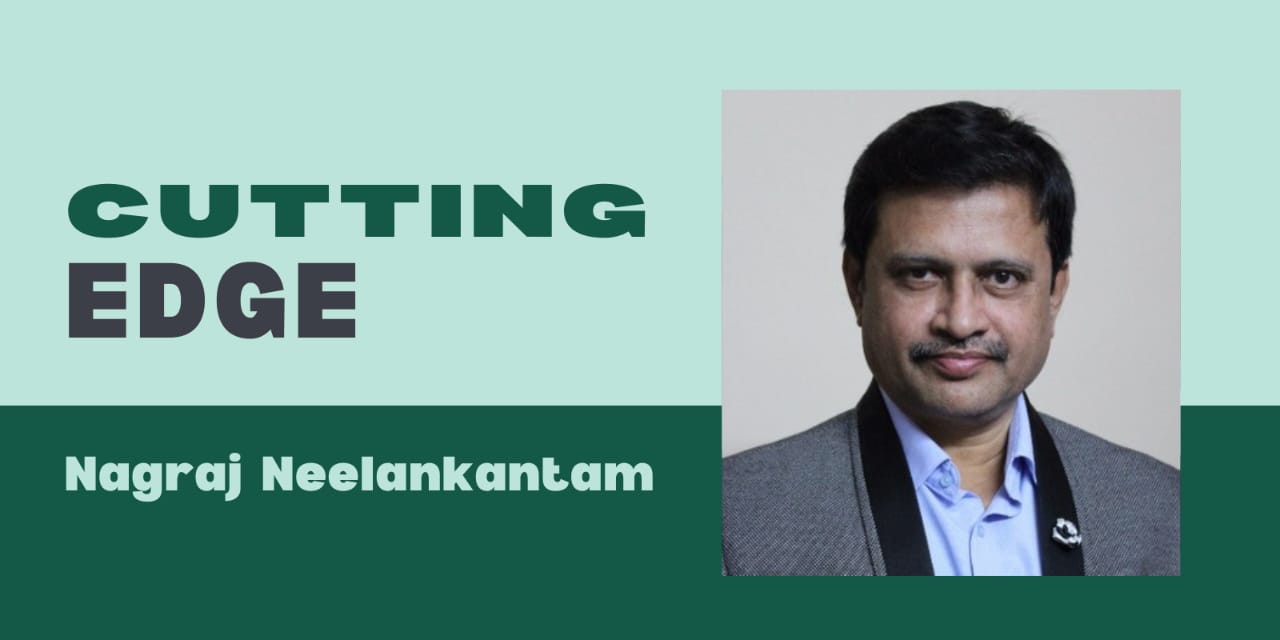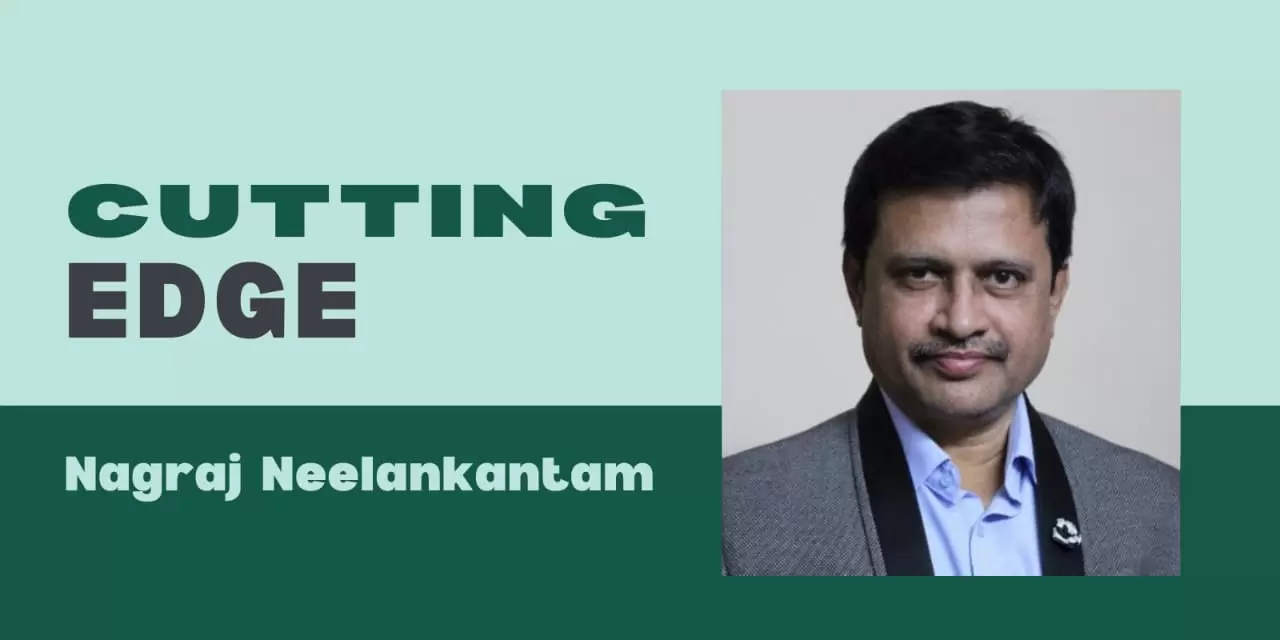In the shifting landscape of global politics, calls for reform often grow loudest when institutions lose touch with the realities they were created to serve. For India, that moment has arrived with its long battle for representation at the United Nations. Once envisioned as a beacon of equality, the UN now looks increasingly like a relic—bound by structures designed nearly eighty years ago. Against this backdrop, Prime Minister Narendra Modi has put forward a bold, transformative idea: India will not merely fight for a seat at an outdated table, but may build a new platform altogether.
For decades, India has lobbied for a permanent seat on the UN Security Council, with veto rights long monopolised by the P5 powers. External Affairs Minister S. Jaishankar has been blunt: a UN unwilling to adapt risks irrelevance in today’s multipolar world. This is not a demand for privilege; it is a demand for fairness, representation, and recognition of India’s undeniable global weight.
That weight was most visible during the COVID-19 pandemic. While wealthy nations hoarded vaccines, India developed its own medicines and shipped them—often free of cost—to Africa, Latin America, and beyond. This was not charity but dignity, not soft power but responsible leadership. It was proof that true statesmanship lies not in wealth but in the willingness to act selflessly when the world falters.
Such actions have changed global perceptions. Modi today is seen not just as India’s Prime Minister but as a voice of the Global South. Over 146 countries across Africa, Latin America, and even Europe now back India’s bid for a permanent UN seat. This support is more than diplomacy; it is trust, built through cooperation, respect, and credibility rather than coercion.
Naturally, this unsettles the entrenched powers. India as a permanent member would tilt the equations: U.S. dominance would be challenged, China cannot ignore India’s market clout, and Russia finds common ground with India amid turbulent global crises. Step by step, India is becoming the fulcrum of a new balance of power.

This confidence is visible in platforms like BRICS, where India has steered conversations on de-dollarisation and financial reform even as the U.S. frowned. Representing more than 80% of global consumption, the bloc is a powerful reminder that India is not just participating—it is shaping collective strategy while safeguarding sovereignty.
What emerges is a philosophical shift. India is no longer satisfied with inclusion in frameworks designed by others. It is sketching an alternative vision—one Modi has described as a “Bharat UN.” Far from rejecting global cooperation, this is an attempt to reimagine it: a structure rooted in sovereignty, fairness, and shared responsibility, especially for the Global South.
A Bharat UN would not just serve India’s interests. It would give long-ignored nations the dignity of an equal voice. It would embody inclusiveness and fairness—principles deeply embedded in India’s civilisational ethos. And it would reflect a world order no longer tilted toward a select few but balanced by the aspirations of many.
The timing is significant. With China battling economic headwinds and Western economies slowing, old power structures are naturally weakening. Modi has repeatedly said that obstacles no longer matter to India’s rise. From renaming technologies to asserting new identities, India signals confidence in its future as a global centre of influence. Reports of a UN office opening in Mumbai underline this inevitability.
India’s evolution—from seeking a permanent Security Council seat to articulating its own global framework—underscores a larger truth: institutions that refuse to reform eventually give way to those that can better serve humanity. The Bharat UN concept does not diminish the original UN. It revives the spirit of fairness and cooperation that the world body was meant to represent but has long abandoned.
In this unfolding chapter, India is not just a participant but a shaper of the new world order—one that stands for dignity, sovereignty, and shared progress. Whether realised through a reformed UN or an alternative Bharat-led platform, the message is clear: India is no longer on the periphery. It is at the very centre of global decision-making.






